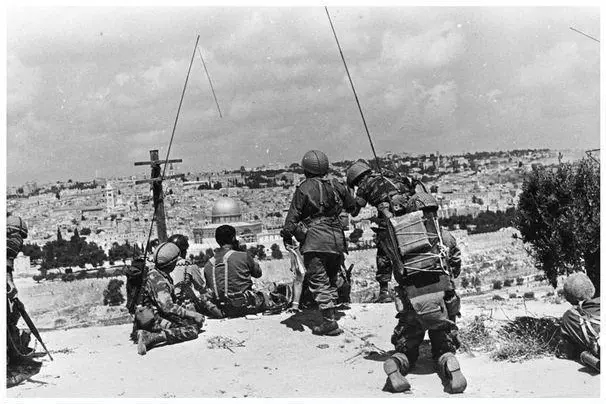PHOTO
Sunday, Jun 04, 2017
Dubai: Fifty years ago today Israel launched a devastating attack on Arab forces which ended in its seizure and occupation of the Palestinian West Bank, Jerusalem, Gaza, the Syrian Golan Heights and the Egyptian Sinai.
The war, referred to by Arabs as ‘Al Naksa’, or setback in Arabic, has forever changed the landscape of the Middle East, as Palestinians and other Arab nations still live with the daily repercussions of the war.
The war immediately made 400,000 Palestinians and other Arabs refugees with the majority spilling into Jordan.
In a report made available today, a retired Israeli military general reveals that Israel had plans to use nuclear weapons on Arab forces during the war.
This would be the first admission by an Israeli of possessing nuclear weapons—the Israeli regime has maintained a policy of ‘nuclear ambiguity’.
The secret contingency plan, called a “doomsday operation” by Itzhak Yaakov, the retired brigadier general who described it in the interview, would have been invoked if Israel feared it was going to lose the 1967 conflict.
Yaakov’s account reveals Israel’s early consideration of how it might use its nuclear arsenal to preserve itself.
Since 1967, the dream of a Palestinian state has increasingly faded as Israel systmatically steps up its colonisation of the West Bank, Jerusalem and Golan Heights.
But despite the territorial gains made by the US-backed Israeli state, Palestinians say that Israel has no clear political objectives and grapples to sustain its brutal occupation of the Palestinian people.
Israel also stands in violation of dozens of UN Security Council resolutions and is regularly chastised by world leaders and activists for its disregard for international law.
By: Layelle Saad, GCC/Middle East Editor
Gulf News 2017. All rights reserved.





















